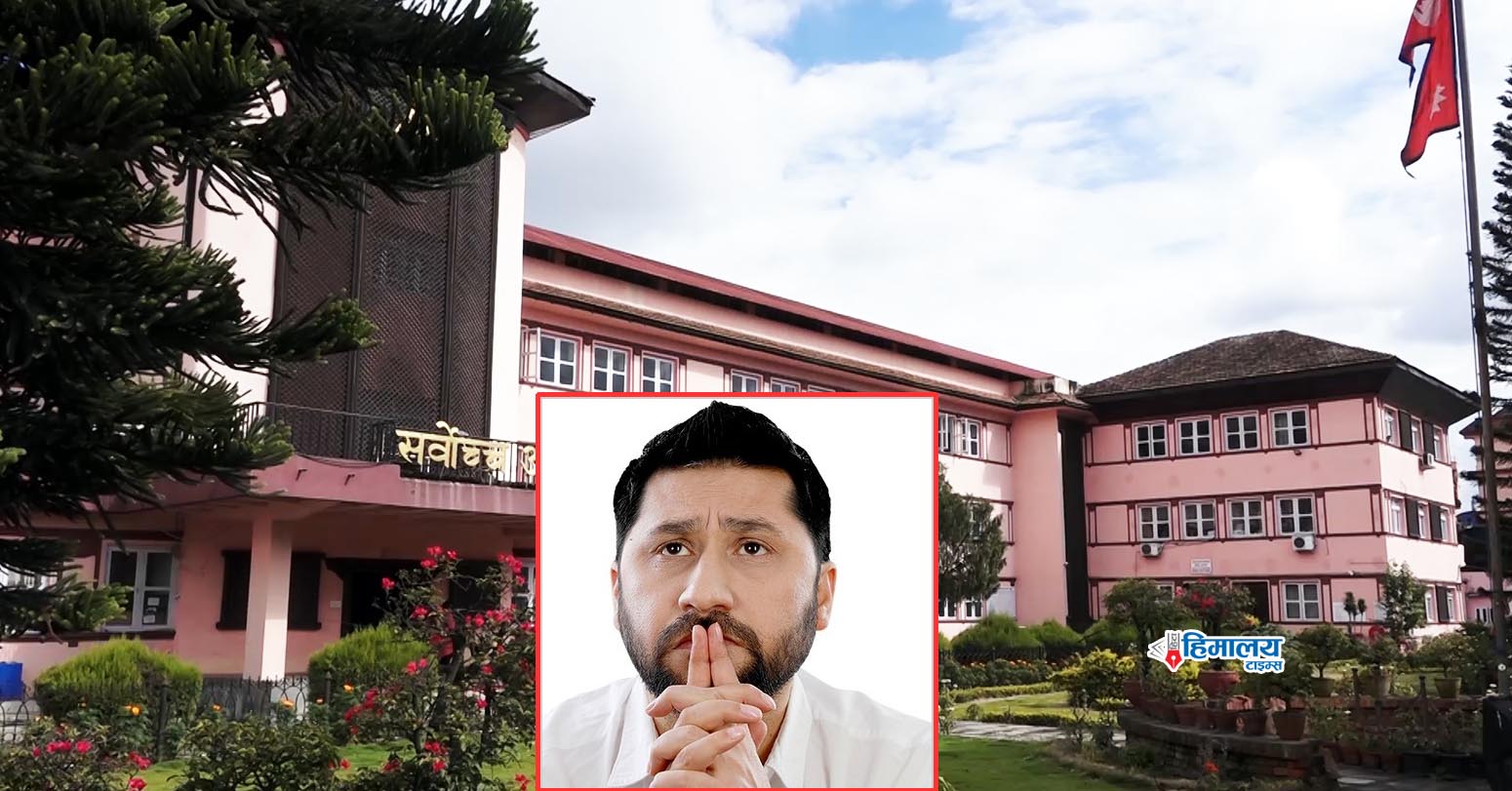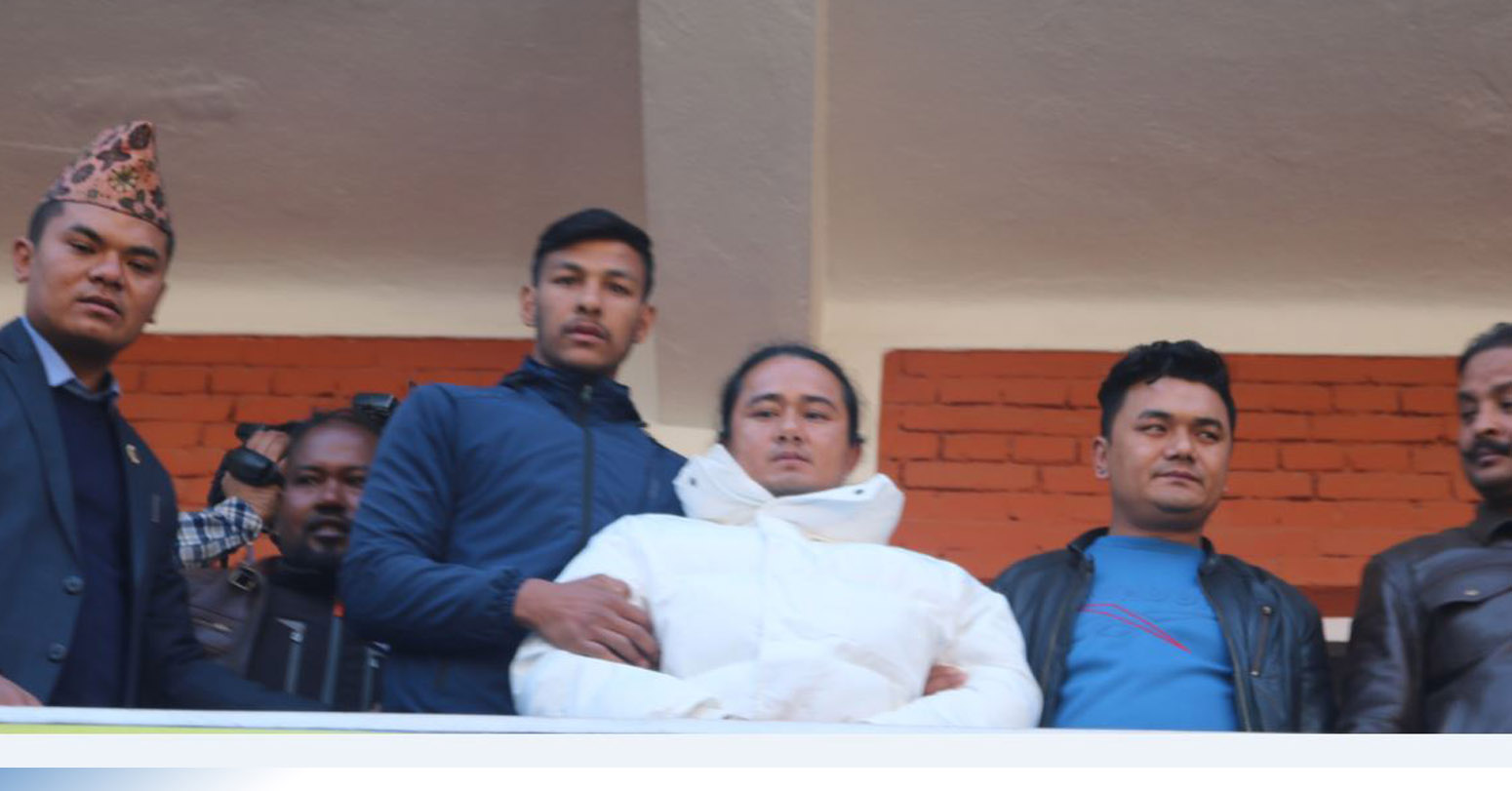Ecuador’s high court on Wednesday decriminalized euthanasia and ordered lawmakers and health officials to draft rules and regulations for the procedure.
The decision of Ecuador’s Constitutional Court came in response to a lawsuit from a terminally ill woman diagnosed with amyotrophic lateral sclerosis, commonly known as ALS, who had argued that she should be allowed to have death with dignity.
In Latin America, Colombia previously had been the only country to decriminalize euthanasia, in which doctors used drugs to kill terminally ill patients. The practice is also legal in Belgium, Canada, Luxembourg, Netherlands, New Zealand, Spain and several states in Australia. Chile is debating the matter.
Other jurisdictions, including several U.S. states, permit assisted suicide — in which patients take the lethal drug themselves, typically in a drink prescribed by a doctor.
“The Court considers that the issue raised relates to the rights to a life with dignity and the free development of personality,” the ruling said. “Therefore, after carrying out an examination, it concludes that life admits exceptions to its inviolability when it seeks to protect other rights.”
The lawsuit in Ecuador was filed in August 2023 by Paola Roldán, who argued that a death with dignity is a right of “those who suffer and have suffered serious or incurable diseases.” She said they should be allowed to “freely and voluntarily end their life” to stop “intense physical or emotional pain or suffering.”
Roldán, 42, began experiencing symptoms of ALS, which weakens muscles and impairs physical functions, in 2020.
“Today has been a very special moment for me,” Roldán told reporters with difficulty. She then thanked the court for “betting on solidarity, autonomy, freedom and dignity.”
Under Wednesday’s ruling, the court gave lawmakers and officials up to 12 months to draft the necessary rules and regulations to implement the decision.
But the court also granted Roldán’s request for an expedited permission to end her life, as long as a doctor performs the procedure and she expresses unequivocal, free and informed consent herself or through a representative if she cannot express it.
The court also set as a condition that she experience intense suffering caused by a serious, irreversible, bodily injury or by an incurable illness.
Farith Simon, one of Roldán’s attorneys, told reporters that in granting his client’s request, the court opened the possibility for any person to avail of the ruling provided that conditions are met.
-AP
















Comprehensive Data Protection Law Critically
Gender Differences In Mental Healthcare
Messi Wins Best FIFA Men’s
Erosion of Democracy
Fly Dubai Catches Fire in
“Complexities of the South Asian